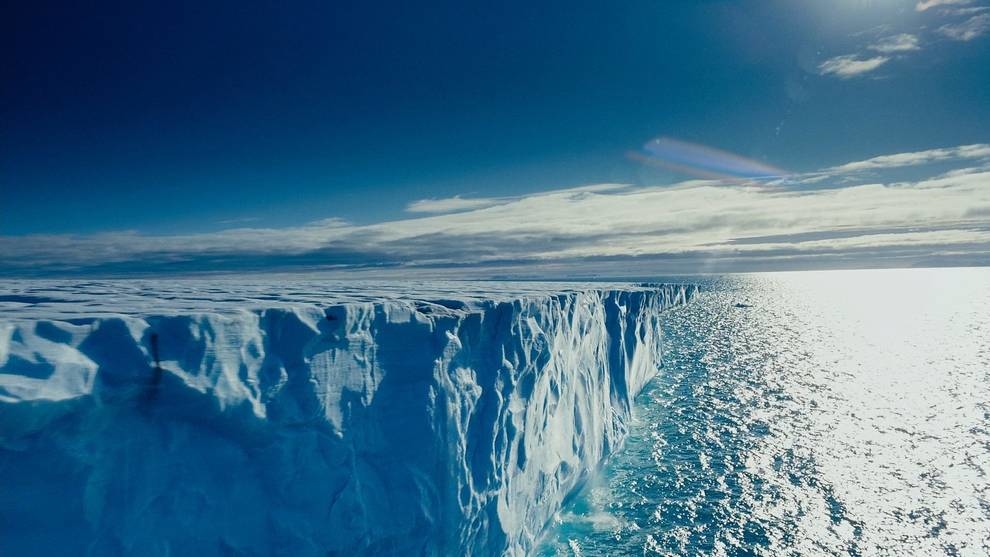
Ancient methane does not affect ice melting in the Arctic — study
A new study showed that ancient methane does not affect the melting of ice in the Arctic. Most of the damage to the atmosphere is caused by carbon dioxide emissions.
Researchers said that over thousands of years, a huge amount of carbon has accumulated in frozen ground - according to them, there are twice as many of them there than in the Earth’s atmosphere. Parts of this substance are over 50 thousand years old. These deposits are found in the East Siberian Arctic, as well as in parts of Alaska and Canada.
As the region warms up, permafrost melts, and this frozen carbon is released into the atmosphere in the form of carbon dioxide and methane. Scientists were worried that these emissions could become a potent greenhouse gas.
A study by scientists from the University of Pennsylvania showed that the release of methane did not contribute much to global warming. In their opinion, most of the changes occurred due to carbon dioxide emissions.
“This study showed many that ancient methane emissions are not something we should worry about. But other studies that study global warming show that optimism may not be appropriate,” the scientists added.
Researchers said that over thousands of years, a huge amount of carbon has accumulated in frozen ground - according to them, there are twice as many of them there than in the Earth’s atmosphere. Parts of this substance are over 50 thousand years old. These deposits are found in the East Siberian Arctic, as well as in parts of Alaska and Canada.
As the region warms up, permafrost melts, and this frozen carbon is released into the atmosphere in the form of carbon dioxide and methane. Scientists were worried that these emissions could become a potent greenhouse gas.
A study by scientists from the University of Pennsylvania showed that the release of methane did not contribute much to global warming. In their opinion, most of the changes occurred due to carbon dioxide emissions.
“This study showed many that ancient methane emissions are not something we should worry about. But other studies that study global warming show that optimism may not be appropriate,” the scientists added.


